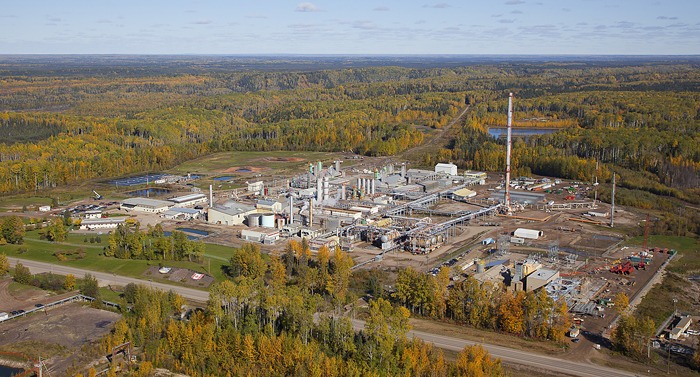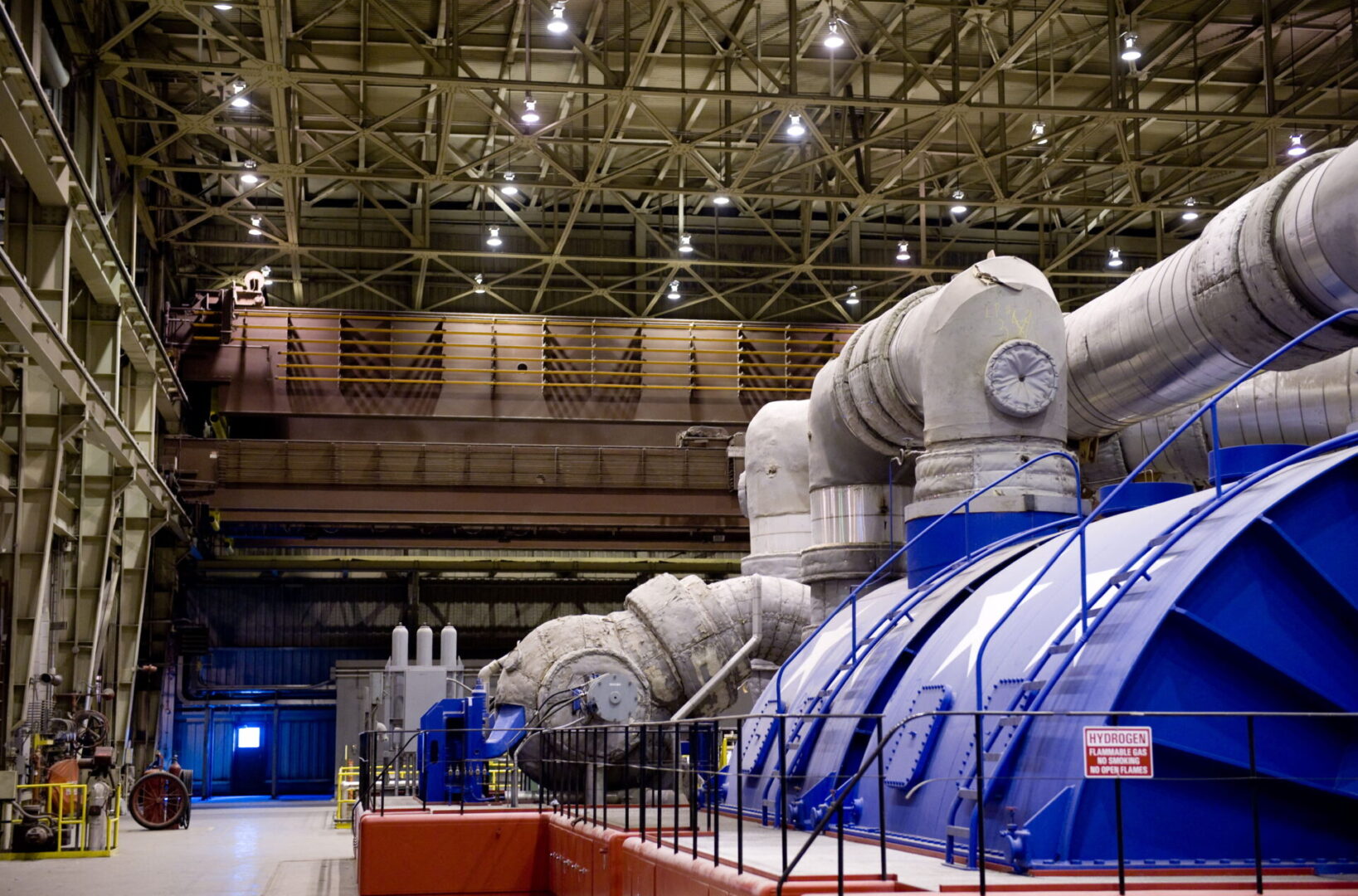The role of government in promoting CCUS technologies
Carbon capture, utilization, and storage (CCUS) technologies have gained immense importance in recent times as a means to reduce carbon emissions and combat climate change. However, the deployment of CCUS technologies is still in its nascent stage, and it requires extensive support from governments and industries to achieve its full potential. In this article, we will discuss the role of governments in promoting CCUS technologies and reducing carbon emissions.
The Basics of CCUS Technologies
CCUS technologies are used to capture carbon dioxide emissions from various sources, such as power plants and industrial processes, and store them underground or utilize them for other purposes. Carbon capture technologies involve capturing carbon dioxide from the flue gases generated during the combustion of fossil fuels. Carbon utilization involves using captured carbon dioxide as a feedstock for the production of chemicals, fuels, and materials. Carbon storage involves injecting carbon dioxide into underground geological formations for long-term storage.
The Importance of Reducing Carbon Emissions
Reducing carbon emissions is essential to mitigate climate change and its adverse impacts. CCUS technologies can play a crucial role in reducing carbon emissions, especially in industries that are difficult to decarbonize, such as cement, steel, and chemicals. CCUS technologies can also help in achieving net-zero emissions by removing carbon dioxide from the atmosphere and storing it underground.
The Role of Government in Supporting CCUS
Governments can play a pivotal role in promoting CCUS technologies by providing funding for research and development, offering tax incentives to encourage investment in CCUS projects, and creating policy frameworks to facilitate the deployment of CCUS technologies. Governments can also collaborate with industries, academia, and research organizations to develop and deploy CCUS technologies.
Funding for CCUS Research and Development
Governments can provide funding for research and development of CCUS technologies to support innovation and reduce the cost of deployment. Governments can also invest in the development of infrastructure for CCUS technologies, such as pipelines and storage facilities, to create a market for CCUS projects.
Tax Incentives for Carbon Capture and Storage
Governments can offer tax incentives, such as investment tax credits, accelerated depreciation, and production tax credits, to encourage investment in CCUS projects. Tax incentives can reduce the cost of capital and improve the economics of CCUS projects, making them more attractive to investors.
Policy Frameworks for CCUS Deployment
Governments can create policy frameworks, such as carbon pricing, emission reduction targets, and regulations, to facilitate the deployment of CCUS technologies. Carbon pricing can create a market for carbon dioxide, incentivize the deployment of CCUS technologies, and reduce carbon emissions. Emission reduction targets and regulations can also encourage the deployment of CCUS technologies by requiring industries to reduce their carbon emissions.
Collaboration between Government and Industry
Collaboration between governments and industries can help in the development and deployment of CCUS technologies. Governments can provide funding, policy support, and regulatory frameworks, while industries can provide expertise, technology, and investment. Collaboration can also create opportunities for knowledge sharing, research, and development.
The Future of CCUS and Climate Change Mitigation
CCUS technologies have the potential to play a crucial role in reducing carbon emissions and mitigating climate change. However, to achieve their full potential, they require extensive support from governments and industries. Governments can create a conducive environment for the deployment of CCUS technologies by providing funding, tax incentives, and policy frameworks. Collaboration between governments and industries can also help in the development and deployment of CCUS technologies.
The deployment of CCUS technologies is a crucial step towards mitigating climate change and reducing carbon emissions. Governments can play a crucial role in promoting CCUS technologies by providing funding, creating a policy framework, and collaborating with industries. With the right support from governments and industries, CCUS technologies can provide a pathway towards a low-carbon future.











